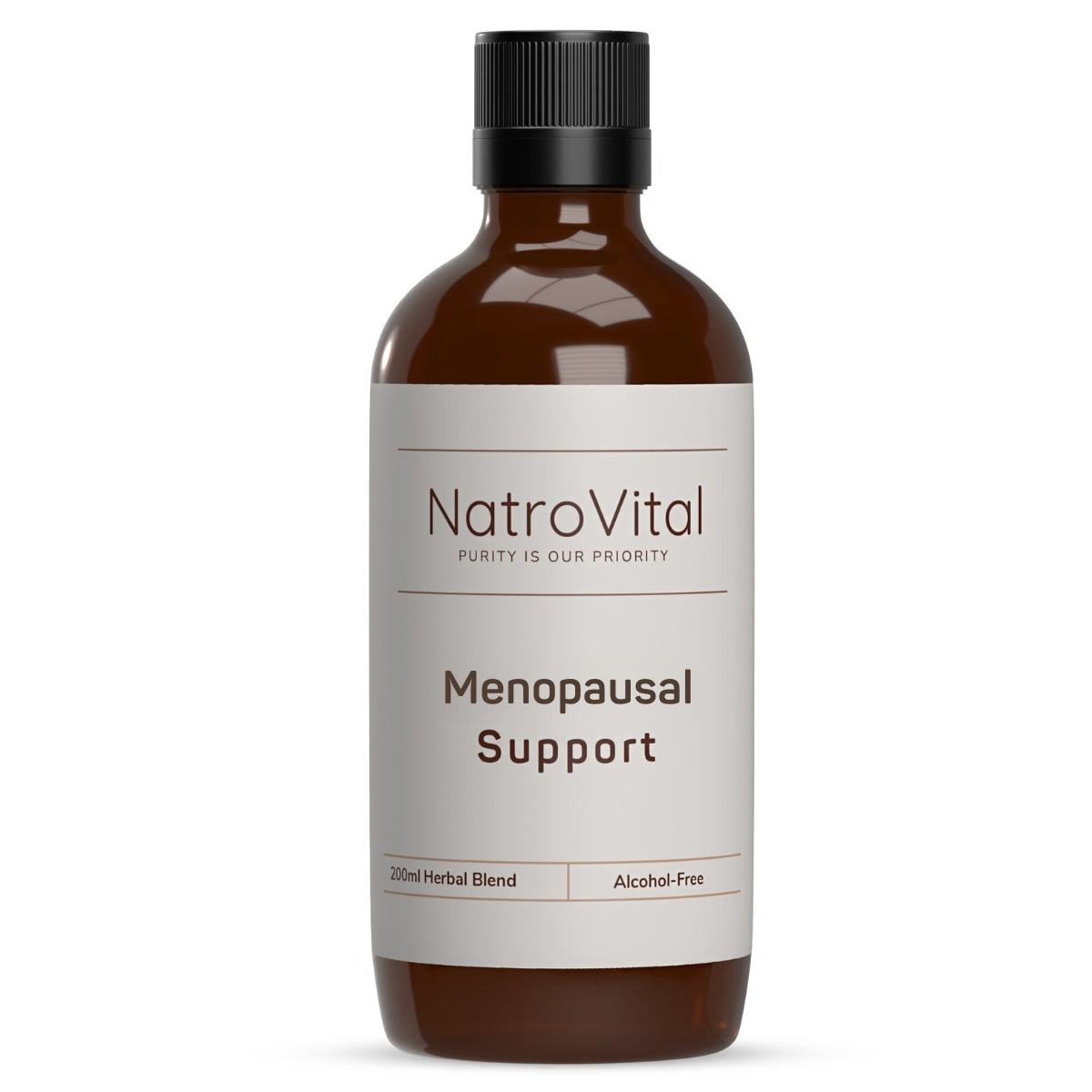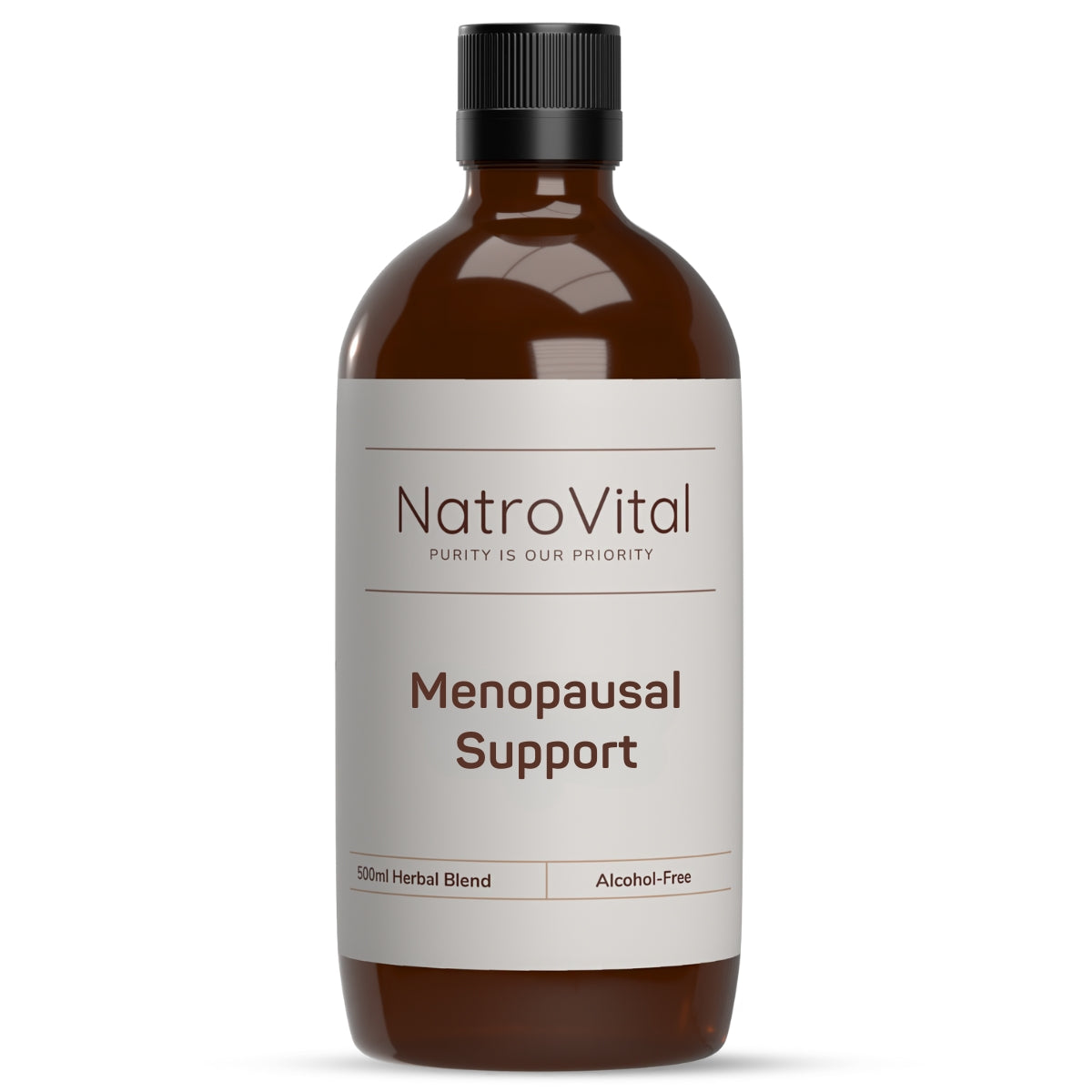The Metagenics BioPure Collage Protein Powder is an excellent choice for individuals who want/need to boost the protein in their smoothies and shakes yet have sensitivities to all of the "additives" other protein powders have. This protein powder is bovine, so again, it may help some individuals more than plant based protein powders.
I quite enjoy the fresh taste of the Green cleanse. I know it is helping my liver and general health. Thank you for this great product.
Stomach Support is wonderfully soothing to the stomach. It has been very helpful.
Best Collagen Powder ever.
I’ve been buying this one for a while now and I tell everyone I know to purchase this brand.
Great product and excellent service.








